“Two to two-and-a-half local newsrooms close every week,” said John Palfrey, the head of the MacArthur Foundation, at the International Symposium of Online Journalism (ISOJ) in early April when talking about the dire state of local journalism in the U.S.
Palfrey used data from Medill School of Journalism’s often-cited annual study, which examined the health of local news nationwide, to explain his and his peers’ motivations for launching Press Forward last September. The initiative aims to rally major national foundations to reverse the trend of a shrinking news landscape.
The initial announcement listed 20 inaugural foundations, including some with long-standing commitments to journalism, like the MacArthur Foundation, Knight Foundation and The Democracy Fund, and some relative newcomers to journalism philanthropy, like The Archwell Foundation.
The coalition of initial funders announced a commitment of $500 million over five years, along with a goal to raise another $500 million over the same time period. They also announced an initial outlay of $54 million, including money for setting up Press Forward’s team and infrastructure and grants made to intermediary organizations that provide services to news organizations they said were already in the pipeline.
Press Forward’s focus areas include strengthening local newsrooms, expanding collaborative services, advancing public policies and addressing inequalities in journalism coverage and practice. They identified three funding tracks: Aligned funds will be given by individual coalition funders; Local Chapter funding will be established and administered by local organizing groups; and Pooled funds will be administered by Press Forward’s team.
MacArthur Foundation has dedicated $150 million to local news and hired Silvia Rivera, a former journalist and Listening Post Collective senior strategist, to oversee the giving from their aligned funding, closely collaborate with Press Forward and serve on the oversight team of the pooled fund.
Rivera said she is spending the next few months digging into data to determine where the biggest needs are and where there might be potential to fortify news as an essential part of civic life. “We need to fold this in as part of the civic infrastructure because every community deserves news and information. And if that’s the value proposition, then we need to start thinking about how some groups fall into the space in the same way that we fund libraries and roads and all of the other things,” she said.
Local giving is critical, according to Press Forward, because local philanthropists haven’t traditionally seen news as a civic need and inspiring them to give could have lasting implications.
Rivera said she’s also relying on her previous experience in doing community surveying for how news organizations can serve communities to help guide her as she thinks about how to focus their giving and the criteria they developed for accessing applicants: “My sense, is that a small civic media outlet or newsroom in a micro-community that’s serving 10,000 people cannot be expected to have the same business model as someone in a metro area. And so how do we address and support those different needs?”
The first open call
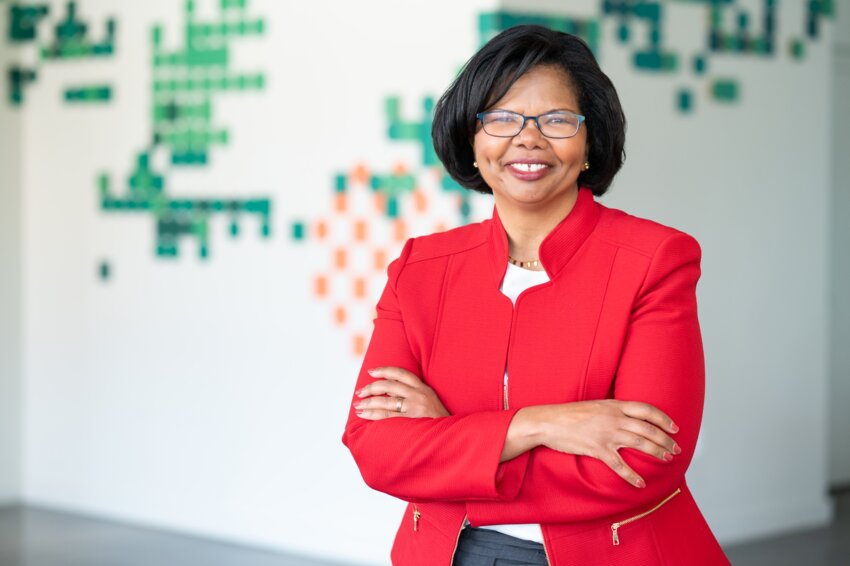
In February, Dale Anglin, a seasoned community nonprofit leader and respected vice president of the Cleveland Foundation, was named as Press Forward’s director. She is building a staff and establishing priorities and working protocols for the effort.
“I’ve only been here five weeks, and I’ve been on the road [with others from Press Forward] visiting many states — some I’ve never been to before — and listening to community and local news organizations,” said Anglin. “We are learning a lot to help us build the effort, and we are hearing about the different areas of need.”
Just as E&P was going to press for our May issue, Press Forward announced its first Open Call for grants to local newsrooms. They will be accepting applications from April 30 to June 12. An estimated $10 million will be awarded to local community-serving newsrooms with annual budgets under $1 million. Grants of approximately $100,000 will be distributed to newsrooms over a two-year cycle of $50,000-$60,000 annually.
The grants will focus on closing coverage gaps. Anglin said, “We are defining that in a few ways: newsrooms led by people of color across geographies, including rural communities and urban areas where coverage has been diminished. These are places where there have been long-standing inequalities in journalism coverage.”
She said they are looking for proposals from small, local news outlets that produce original reporting, with for-profit newsrooms applying along with nonprofit outlets. “It’s clear, for-profit newsrooms aren’t all bringing in a lot of profit right now, so we wanted to include them,” she said. The first open call will also welcome applications from college newspapers that act as the primary news source for their broader community.
Decisions should be announced by August, and funds will be distributed to newsrooms in the third quarter of the year. Anglin estimates that 100 grantees will be awarded in this round, but she said they may give more based on what is presented.
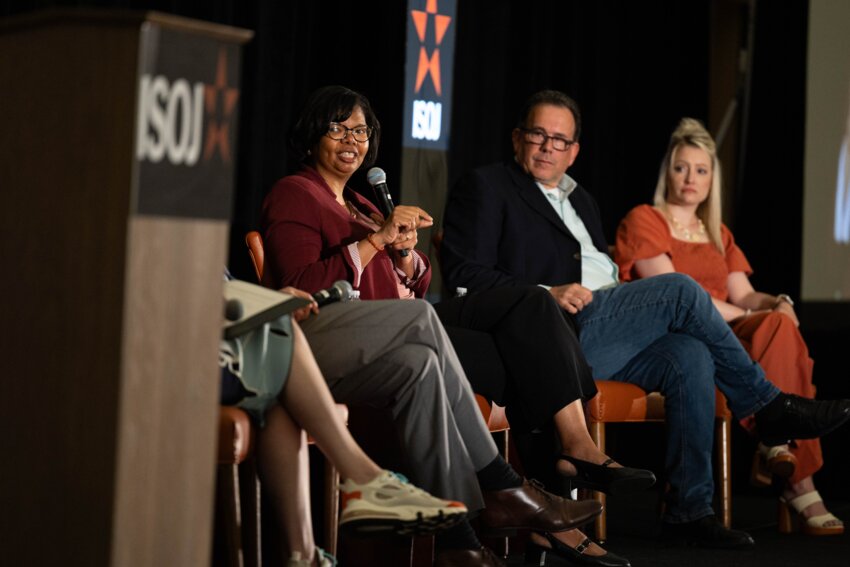
Anglin highlighted her experience in small communities where many people are unfamiliar with grant application processes. To address this, Press Forward will offer designated calling hours for applicants to ask questions. Additionally, the initiative is hiring grant writers to provide support for organizations requiring extra assistance.
A second open call is expected in early fall for local newsrooms with budgets over $1 million and will aim to support local news organizations to fund “transformational efforts” with two-year grants, as well. Additional guidelines are still being determined, but the grants will be for more than $100,000.
They also are establishing a portal for organizations to create profiles, allowing funders to learn about their needs. Anglin noted that this will benefit news organizations outside the Open Call parameters, potentially connecting them with support from aligned national and local funders.
It’s in the details
As of April, there were 17 local chapters. Anglin said more are ready to launch in the coming weeks as a result of Press Forward's whistle-stop tour to meet local funders and hear from communities about their needs.
Since its launch, there’s been a mixture of excited anticipation that some financial help could reach struggling local newsrooms and growing concerns about the details of how this will work and who will and who may not benefit from big philanthropy.
Shortly after Press Forward’s announcement, a coalition of affinity groups, including the National Association of Black Journalists, the National Association of Latino Journalists and the Online News Association, led by the Maynard Institute, issued an open letter. While applauding the initiative’s intention, they urged Press Forward’s leaders to acknowledge historical racial inequities in journalism and philanthropy. The letter called for commitments to avoid perpetuating harmful patterns and to provide support for BIPOC journalists, communities and newsrooms.
John Palfrey and other Press Forward leaders spoke with BIPOC journalists and news leaders to hear their concerns. Soon thereafter, the first round of grants from the aligned funders was announced. The grants included news organizations that serve racial and ethnically diverse communities, including MLK50, Outlier Media and El Tímpano.
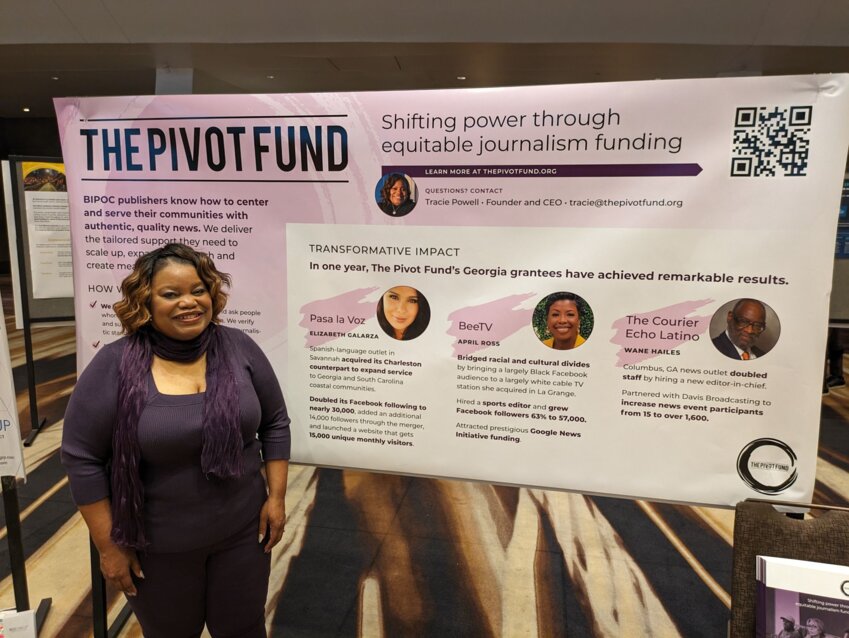
Tracie Powell, the president and founder of the Pivot Fund, an organization founded in 2021 with the goal of raising $500 million to support BIPOC news outlets, told E&P she is watching Press Forward closely. “My initial reaction was, and is, that it would be great if journalists and philanthropy behaved differently than they have in the past,” she said. “But I was, and am, also cautious. Seriously, if this is business as usual with the same dollars going to the same people — the well-connected and those with great marketing campaigns — then we’re done. It can’t be business as usual for journalism and journalism philanthropy.”
Powell also said there are still more expansive issues for newsrooms of color than for many white-led or serving organizations. “[There are] publishers who can pick up the phone and raise $100,000 to $200,000 with just a couple of phone calls. Publishers of color cannot do that because their communities might come up with $10,000. Maybe. It’s certainly not going to be $200,000.”
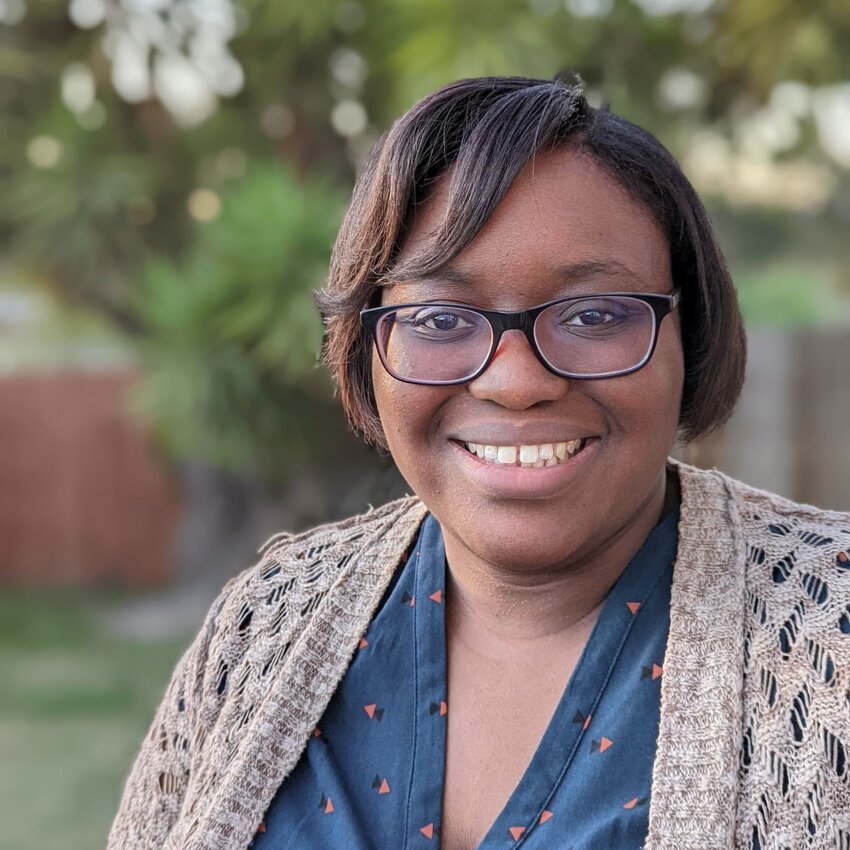
This reality is echoed by Dana Amihere, an accomplished data journalist and the founder of AfroLA, a nonprofit newsroom serving the Black community in Los Angeles. Amihere set up AfroLA in 2022 with a partner, hoping she could tap into philanthropy to produce data-driven solution journalism for and with a community that is deeply under- or mis-served by mainstream outlets in the city. They've produced reports on the overburdened emergency rooms of neighborhood hospitals and a look at how LA’s Black churches are embracing LGBTQ+ community members.
But three years in, Amihere is not able to pay herself a salary; in fact, she has been keeping AfroLA alive with her own income from freelance work. She says she’s found it hard to make inroads with donors. “I don’t have rich friends. I don’t know rich people. I don’t have those kinds of inroads in the local or national philanthropy world. I can call up people, and we can have a nice conversation. Then, I never hear from them again. And that’s happened time and time again.”
Amihere said she’s written dozens of grant applications and only received one project grant of any significance. The grants she has received through intermediary organizations frequently come with “must attend” training sessions or other obligations that burden a very small newsroom. “I’ve even had to attend sessions on how to use data or build websites. I'm an expert at that already. It’s a waste of my time, but I need the money,” she said.
She hopes Press Forward might be a lifeline if they create a system that works for newsrooms that are already overwhelmed. The early announcements that Press Forward had given money to intermediary groups and newsrooms before there was an application process concerned her. So she joined ANNO, a group of nonprofit publishers that are seeking to collectively raise their voices. ANNO also sent an open letter to Press Forward calling for them to prioritize funding nonprofit newsrooms, not intermediaries, and to give general operating funds rather than project money.
Dale Anglin said the early giving was a way to get Press Forward up and running. She said going forward, she is prioritizing transparency in the process to ensure people understand what’s happening and have a chance to be at the table. She also acknowledges there’s a lot of learning to be done by philanthropists and the journalists they seek to serve. “My hope is we can really do this type of education on both sides. Because it will go a long way,” she suggested.
Anglin also said her work at community-serving organizations has given her solid insight into how to help small organizations. That’s why they’re giving general operating funds in the first open call, providing extra support like grant writing assistance and keeping the application process simple.
“We finally have key staff in place now, and we are doing all we can to make everything clear and supported,” explained Anglin. “We also need to get more people involved in supporting news. I don’t want anybody to ask me five years from now, ‘Why do I need to support that new nonprofit newsroom?’ Because these newsrooms also need your support in some way, shape or form.”
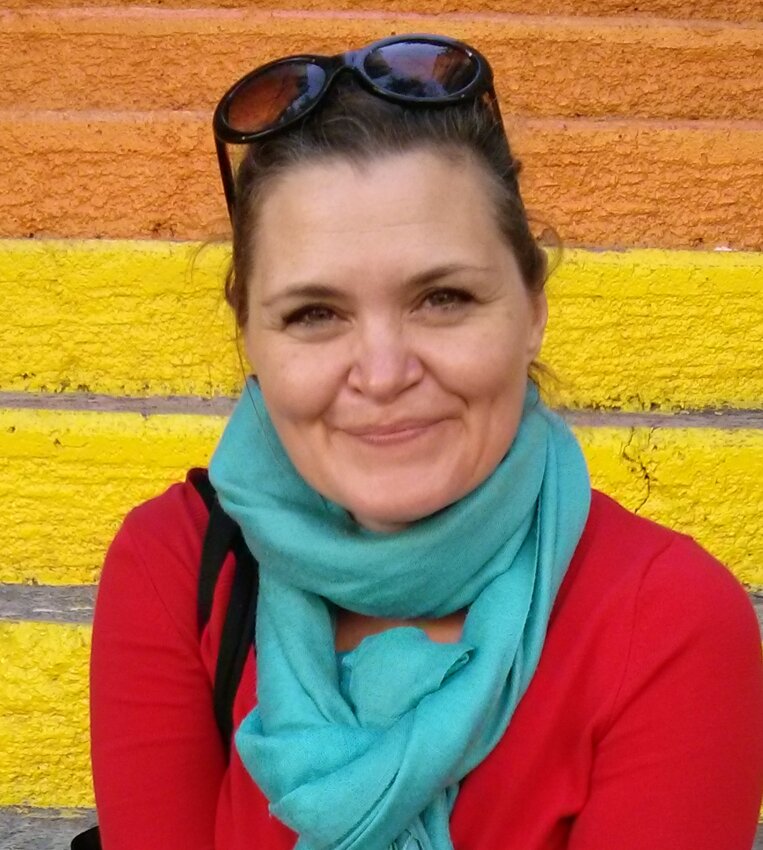 Diane Sylvester is an award-winning 30-year multimedia news veteran. She works as a reporter, editor and newsroom strategist. She can be reached at diane.povcreative@gmail.com
Diane Sylvester is an award-winning 30-year multimedia news veteran. She works as a reporter, editor and newsroom strategist. She can be reached at diane.povcreative@gmail.com
Comments
No comments on this item Please log in to comment by clicking here